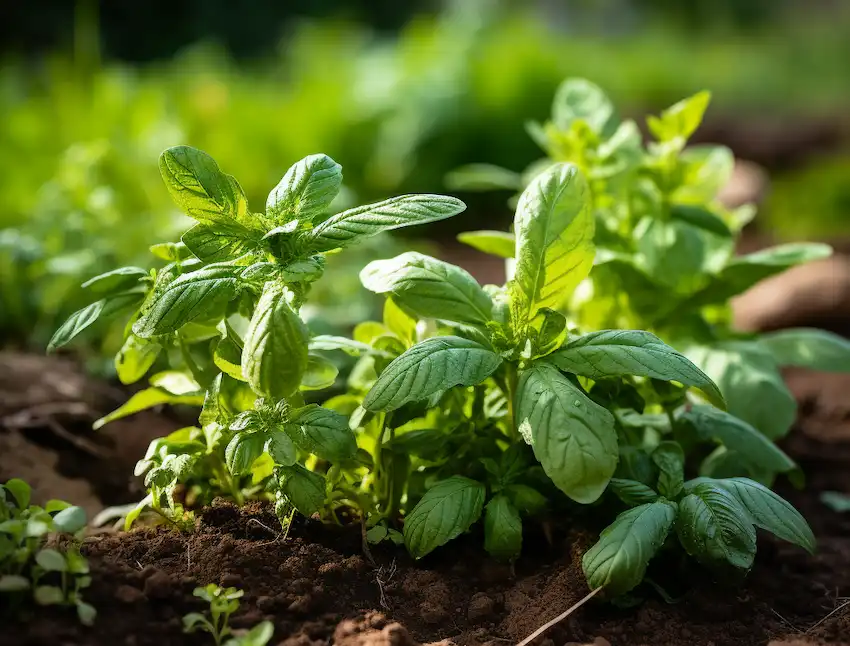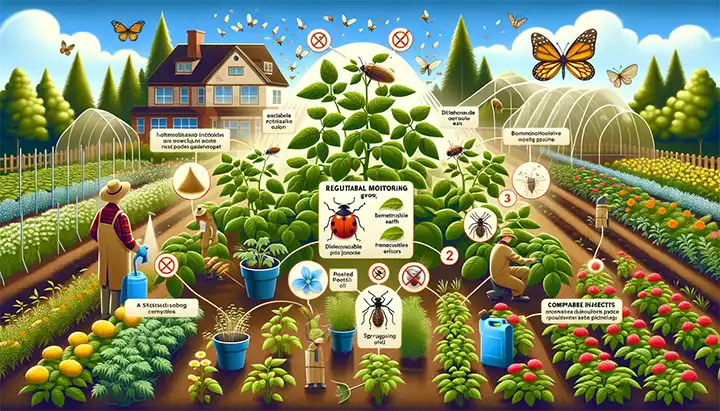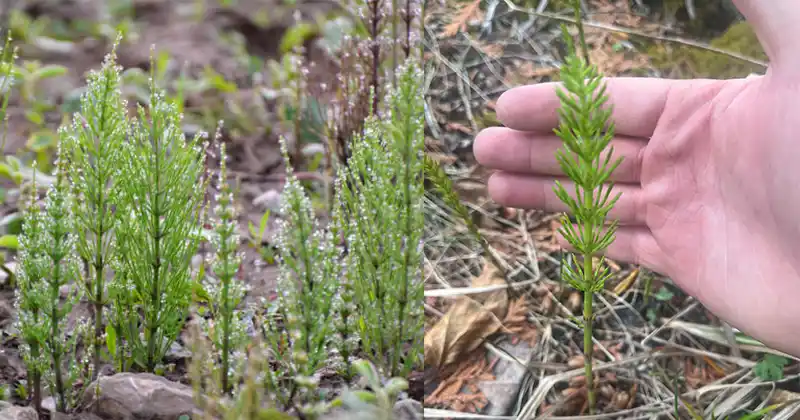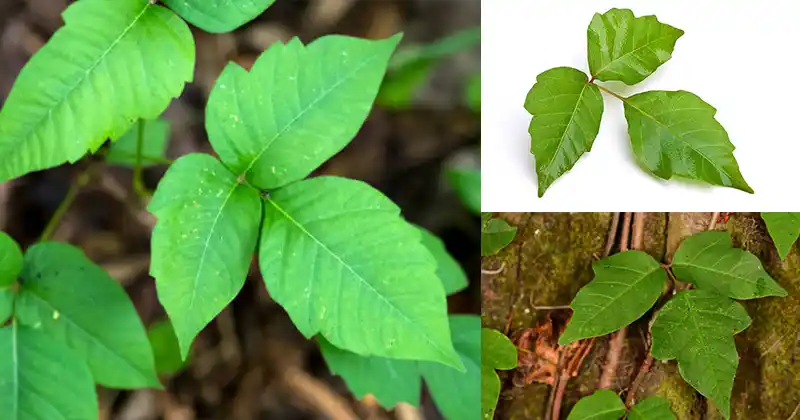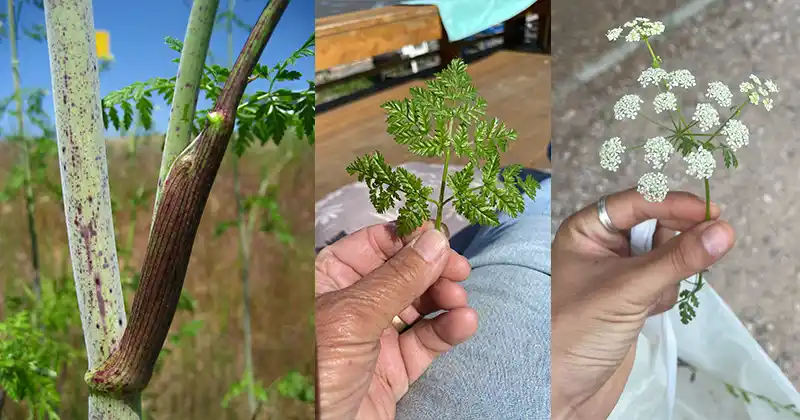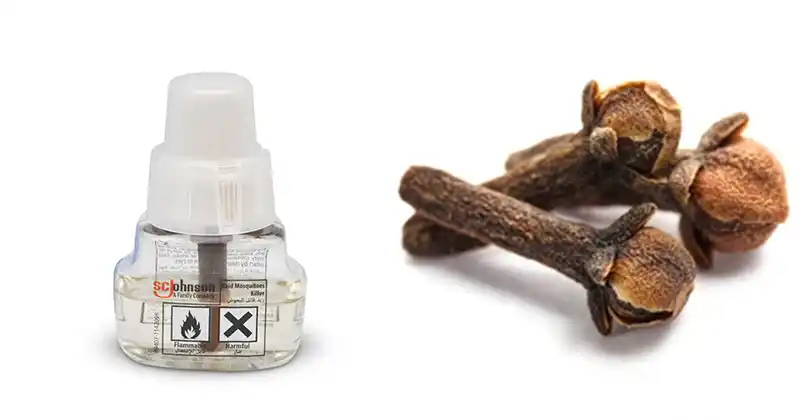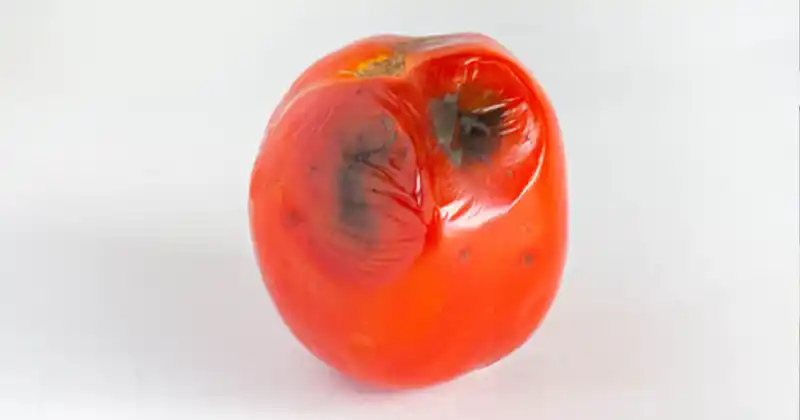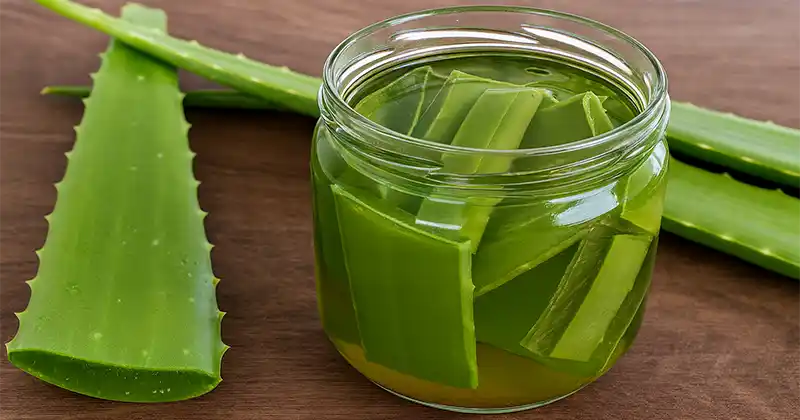Potato bugs, particularly the Colorado potato beetle, are common pests in gardens and can cause significant damage to potato plants and other members of the nightshade family. Managing these pests requires a combination of preventative measures and direct control methods.
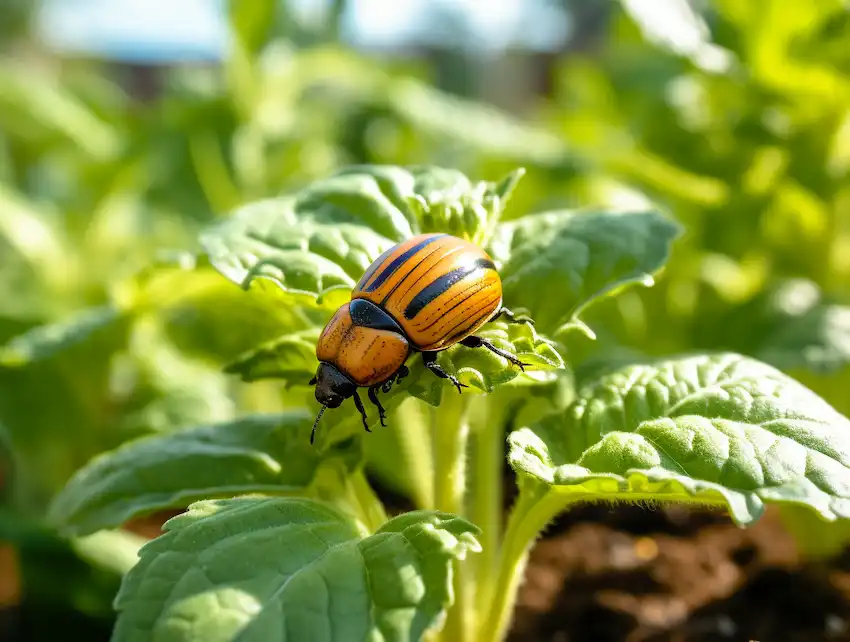
Preventative Measures
- Regular Monitoring: Inspect your potato plants daily, focusing on the underside of leaves for signs of beetles or eggs. Early detection is crucial for managing infestations.
- Plant Resistant Varieties: Some potato cultivars are less susceptible to beetle infestations. Planting these can reduce the likelihood of severe infestations.
- Row Covers: Protect your plants with row covers in the spring to prevent beetles from accessing the plants.
- Crop Rotation: Rotate your crops annually, especially avoiding planting potatoes or other nightshade family plants in the same spot consecutively.
- Deep Mulching: Apply a thick layer of mulch around the plants to deter adult beet
Potato bugs, especially the Colorado potato beetle, can be a significant problem in gardens. Effective management involves a mix of prevention and direct control methods.
Prevention Strategies
- Regular Inspection: Regularly check your potato plants, particularly the undersides of leaves for signs of beetles or eggs. Early detection is crucial.
- Resistant Varieties: Plant potato cultivars that are less susceptible to beetle infestations if they are common in your area.
- Row Covers: Use row covers in spring to protect your plants from beetles.
- Crop Rotation: Rotate your crops to avoid planting potatoes or other nightshades in the same spot consecutively.
- Mulching: Apply a thick layer of mulch like straw or hay around plants to deter beetles from emerging.


Control Methods
- Hand Picking: Manually remove adult beetles and eggs. Drop them into soapy water or crush them. Do this regularly, especially in the early mornings.
- Beneficial Insects: Introduce predators like ladybugs, lacewings, and nematodes that feed on eggs and larvae.
- Diatomaceous Earth: Sprinkle this around plants. It’s effective when applied dry and after rain or watering.
- Bacillus Thuringiensis (BT) Spray: This bacterium is toxic to larvae. Spray it weekly on all parts of the plant, including under leaves.
- Neem Oil: Effective against larvae and adults but use it cautiously to avoid harming beneficial bugs.
- Homemade Sprays: Create sprays using ingredients like dish soap, vinegar, cayenne pepper, and garlic. These need to be reapplied every few days during the larval phase.
- Essential Oils: Mixtures like neem, peppermint, and rosemary oils can be effective insecticides.
- Crop Rotation and Garden Cleanliness: Rotate crops and keep your garden free of debris to reduce habitat for potato bugs.
- Companion Planting: Certain plants like cilantro, sage, tansy, catnip, and marigold can deter beetles when planted near potatoes.
